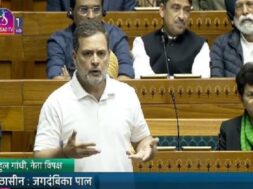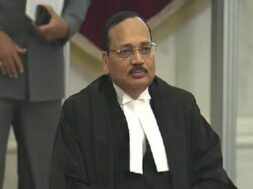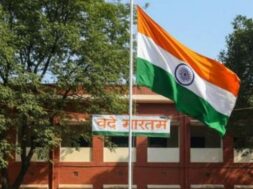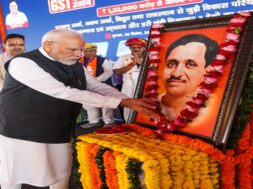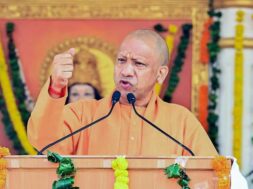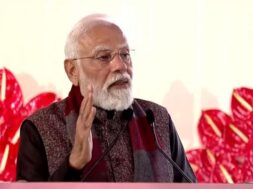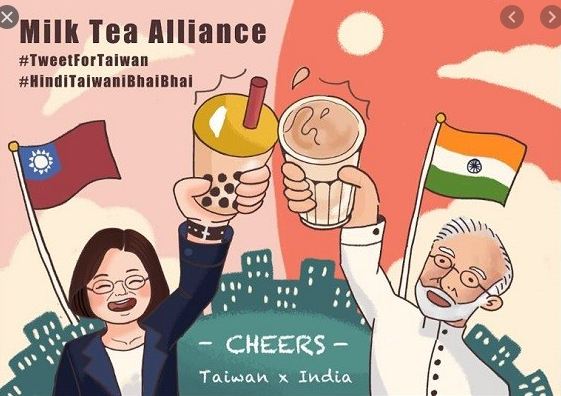
Virendra Pandit
Gandhinagar: While China is trying to punch above its weight against India, the Republic of Taiwan is getting closer to New Delhi—also in Prime Minister Narendra Modi’s home state of Gujarat.
Although India does not have full diplomatic relations with Taiwan, which China claims to be its part, the two nations are coming closer in ways more than one. India’s economic and commercial links as well as people-to-people contacts with Taiwan have also expanded in recent years.
In May 2020, two members of the Indian Parliament virtually attended the newly-elected Taiwanese President Tsai’s swearing-in ceremony and praised Taiwanese democracy, to the chagrin of China. It was seen as a warning message to Beijing.
In July, the government appointed a top career diplomat, Joint Secretary Gourangalal Das, the former head of the U.S. division in India’s Ministry of External Affairs, as its new envoy to Taiwan.
It was part of this expanding relationship between the two countries that a high-level academic, research, and incubation dialogue was held in collaboration with the Prospect Foundation, Taiwan, at the Raksha Shakti University (RSU) in the capital of Gujarat on Wednesday.
During this program, Taiwan was represented by Ambassador Chung-Kwang Tien, Deputy Minister of Foreign Affairs and Chancellor, Institute of Diplomacy and International Affairs, Taiwan, Dr. Tan-sun Chen, Chairman, Prospect Foundation, Dr. Ming-Shih Shen, Director, Graduate Institute of Strategic Studies, War College, National Defense University, and Ms. Vivian Huang, Director General, International Division, Institute for Information Industry.
Tan-sun Chen, Chairman, Prospect Foundation, Dr. Ming-Shih Shen, Director, Graduate Institute of Strategic Studies, War College, National Defense University, and Ms. Vivian Huang, Director General, International Division, Institute for Information Industry.
From India’s side, Lt. Gen. S.L. Narasimhan, Director-General, Centre of Contemporary China Studies, Ministry of External Affairs, Krishan Varma, Special Secretary (Retd), Cabinet Secretariat, Government of India, and Dr. Bimal N Patel, Director-General, RSU, made presentations.
Dr. Tan-sun Chen emphasized the importance of collaborative initiatives in a wide range of fields between India and Taiwan with a special focus on logistics and supply chain management.
Dr. Patel listed out areas of cooperation between the two institutions for a wide range of academic and research initiatives.
A specialized Chinese language study program, in collaboration with the Asia University, Taiwan, has already been offered at the RSU.
Dr. Patel stated that Taiwanese expertise in areas such as training women police officers, counter-insurgency, and counter-terrorism, among others, can greatly benefit India’s efforts to strengthen its security infrastructure.
The RSU, through its Security and Scientific-Technical Research Association (SASTRA), is looking forward to developing indigenous defense technologies and tools in the country, he said.
Dr. Patel said that Taiwan can become a “very strong” partner for India to collaborate in various fields for achieving common objectives of peace, stability, and prosperity in the region.
The RSU is being upgraded as a Central University, to be renamed as Rashtriya Raksha University (RRU), and is being accorded the status of an institute of national importance.
